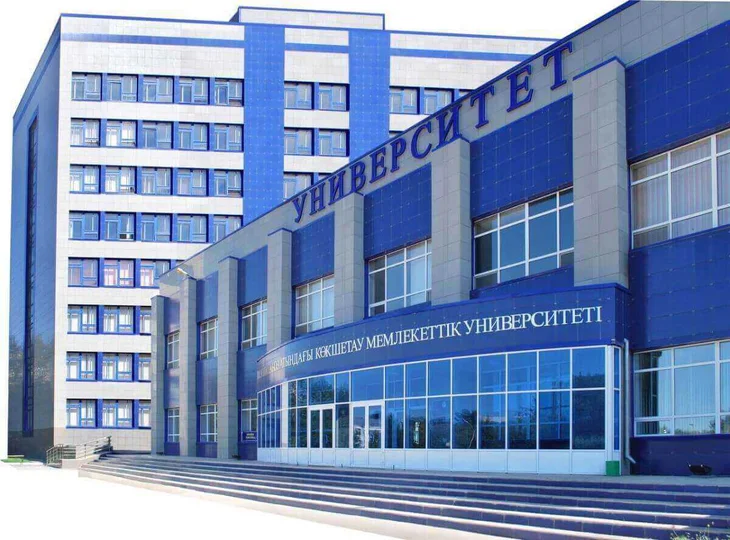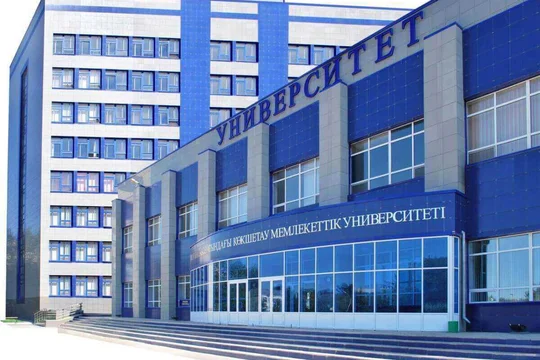Biology

Educational program code
6B01514
Language of instruction
Kazakh, Russian
Learning level
Undergraduate
Duration of study
4 year
Specialized subjects
Biology
Chemistry
Objectives of the educational program
- The formation of systematic knowledge in the field of biology and psychologicaland pedagogical sciences among students, the development of general cultural and professional competencies, practicalskills and leadership skills, the ability to carry out professional and scientific activities using innovative technologies toform a comprehensively developed personality of a student in the context of the updated content of secondary education.
- Development physiology of pupils
- Pedagogy
- Inclusive education
- Criteria-Based Assessment Technology
- Artificial Intelligence Technologies in Education
- Academic Writing
- Botany
- Cytology and Histology
- Zoology
- Human Anatomy
- Introduction to Biology
- Human and animal physiology
- Genetics
- Plant physiology
- Molecular Biology
- Evolutionary Study
- Methodology of Biology teaching
- Ecology and Sustainable Development
- Life Safety Basics
- Basics of an Anti-Corruption Culture
- Fundamentals of Scientific Research
- Biological terminology (in English)
- Professional Foreign Language
- Immunology
- Physiology and Evolution of Higher Nervous Activity
- Anthropology
- Gerontology
- Microbiology and virology
- Genetic Engineering
- General chemistry
- Analytical chemistry
- Biochemistry
- Organic chemistry
- Biometrics
- Bioindication
- Basics of Biotechnology
- Basics of Biomedicine
- Bioresources of Kazakhstan
- Medicinal plants
- Project and Research Activities in Biological Education
- Applied Biology
- Мethods of teaching STEM lessons
- CLIL Technology in Biology Teaching
- Methods of experimental work at the school site
- Solving biological problems
Learning outcomes and competencies
- To demonstrate basic knowledge of scientific and theoretical foundations, laws of natural science, social, humanitarian andeconomic disciplines that contribute to the formation of a highly educated person with a broad outlook and culture ofthinking;
- To use lingual and communication skills of academic writing (Kazakh, Russian, English) in the professional area;
- To use application software, modern methods of information processing and new digital learning technologies;
- To apply theoretical and practical knowledge for solving practical and professional tasks and apply knowledge andunderstanding of facts, phenomena, theories and complex dependencies between them in the field of biology;
- To apply knowledge and understanding at a professional level, to choose and use the optimal forms and methods of Biologyteaching, from a leadership position to organize the work effectively using innovative methods of Biology teaching in theUpdated content of secondary education using criteriabased assessment (FA, SA, etc.);
- To put into practice the main forms and methods of working with children with special educational needs in conditionsof inclusive education and upbringing, to organize individual and group educational activities in order to create conditionsfor their development;
- To collect and interpret information in order to form opinions in view of social, ethical and scientific considerations, todevelop and implement the results of research in the areas of biology and didactics to the professional activities, in compliancewith the principles and culture of academic honesty;
- To demonstrate skills in the acquisition of new knowledge based on the synthesis of a knowledge system from relatedareas with are necessary for professional selfdevelopment to continue learning in the master's program.
